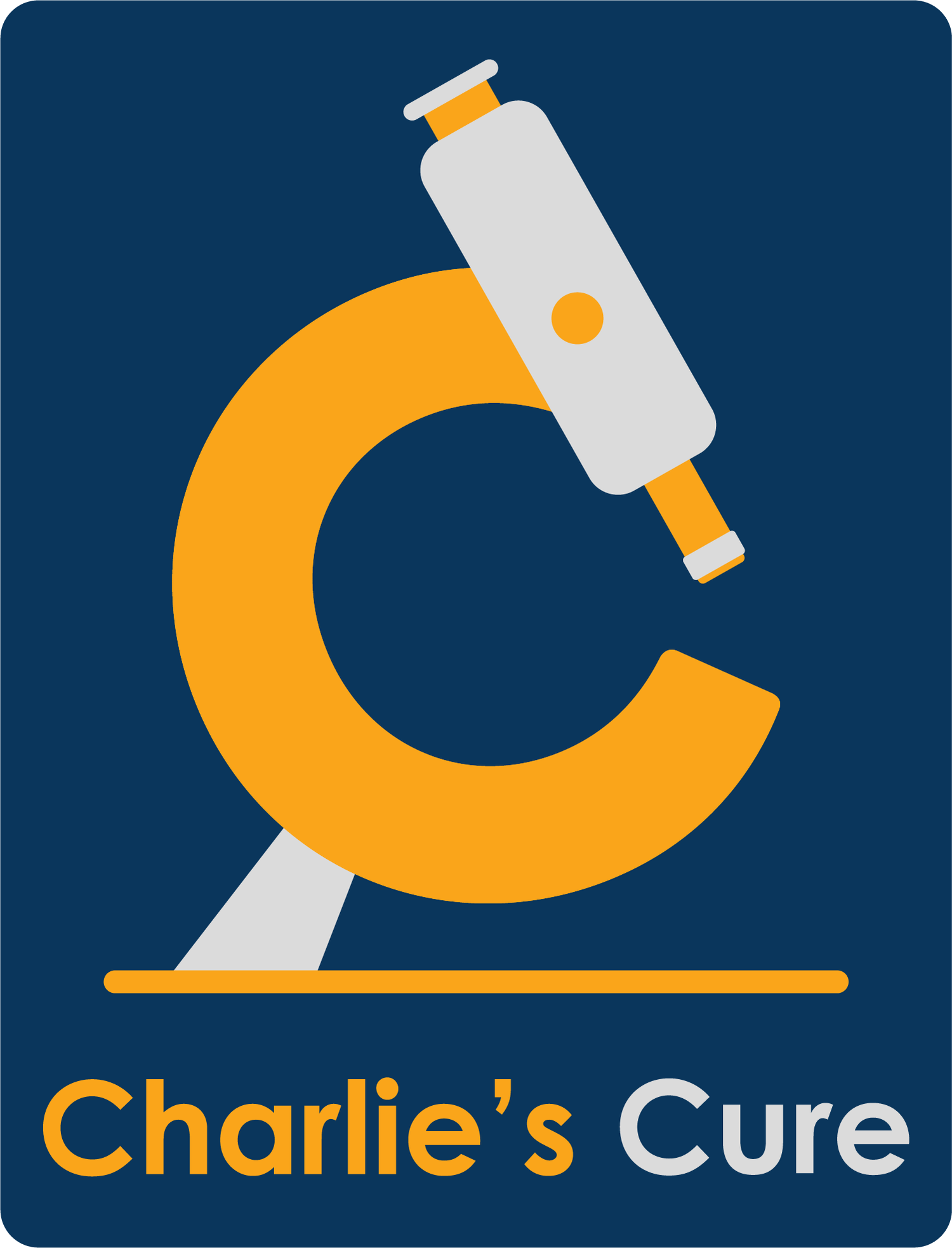Just beneath the surface.
Will you stand above me?
Look my way, never love me
Rain keeps falling, rain keeps falling
Down, down, downWill you recognize me?
Call my name or walk on by
Rain keeps falling, rain keeps falling
Down, down, down, down
Some things we know to be true can be seen; others cannot. We learn this early. We look for the spoils left behind by a mythical man and his eight tiny reindeer. We search the sky, wondering if this so-called heaven exists. We learn about death, and life, and the in-between place of suffering and redemption, sometimes the lines between the two indelibly blurred.
Still, somehow, we believe in the unseen–except, it seems, when it comes to the day-to-day. We forget the back story of a character we’ve come to know. We can’t access the details of what it must mean, to the very mundane, to live with that particular reality. We can’t think about it, really, or we’ll just fall too far down the rabbit hole.
I have found the same dichotomy, the same seeing and unseeing, since our Charlie was diagnosed with Duchenne in late 2020. I’ve tried to meet the diagnosis with stoicism, both because that is what I was raised to do (my uncle used to have a saying and it went like this: “Stop the wimp.”) and because it allows me to live. It allows us to carry on, and believe, whether through blind faith or blatant denial, that this is all going to end well. I know that this sometimes means others forget, too.
But then, to quote another 1980s tune, “there is always something there to remind me.” Always something just beneath the veneer. It is actually right there in the mundane where I find the greatest struggle—because once your child has a terminal diagnosis, it turns out very few things are ever mundane again. Throwaway comment about Charlie playing sports? He never will—he can’t. Unmasking in classrooms—will Charlie be ok? That spring break trip? It may be tough to get around there with Charlie. We try to contain Duchenne, but the reality is, it’s everywhere.
Sometimes, well-meaning people say, “You can’t even tell.” I guess that’s good for Charlie, for now. But we—we can tell. We feel it in his calves while putting on his pajamas at night, the dense, fatty creep of fibrosis taking hold where muscle was meant to be. We feel it in our sore shoulders after carrying Charlie up the stairs for the twentieth time of the day. I feel it in the center of my stomach, the constant calculation of how I can fix this boy I broke. You think you wouldn’t blame yourself if you passed a bad gene to your child? Think again (more on this at a later hour).
I can’t blame anyone for sometimes forgetting that my family has acquired a very different definition of what constitutes a life-level problem; sometimes, I forget myself. Sometimes I wonder why I’m feeling extra sensitive or a little angry or why I didn’t find that joke all that funny, and then I remember: Oh yeah, it’s because literally every parent’s worst nightmare actually happened to us. Because people look at us and maybe they’re thinking, thank God that isn’t my reality. I get it—I probably would, too.
You could read this post and think I need an intervention of some sort but really it’s fine, I’m fine, it’s all fine. Everything’s fine. That’s actually my entire point. A diagnosis like Duchenne—because, yes, the entire family does get this diagnosis—means that you can be both fine and not fine at the very same time. A random Tuesday is both an entirely forgettable day and the epicenter of a slow-motion disaster. You can try to forget Duchenne, but that monster will not be forgotten.

